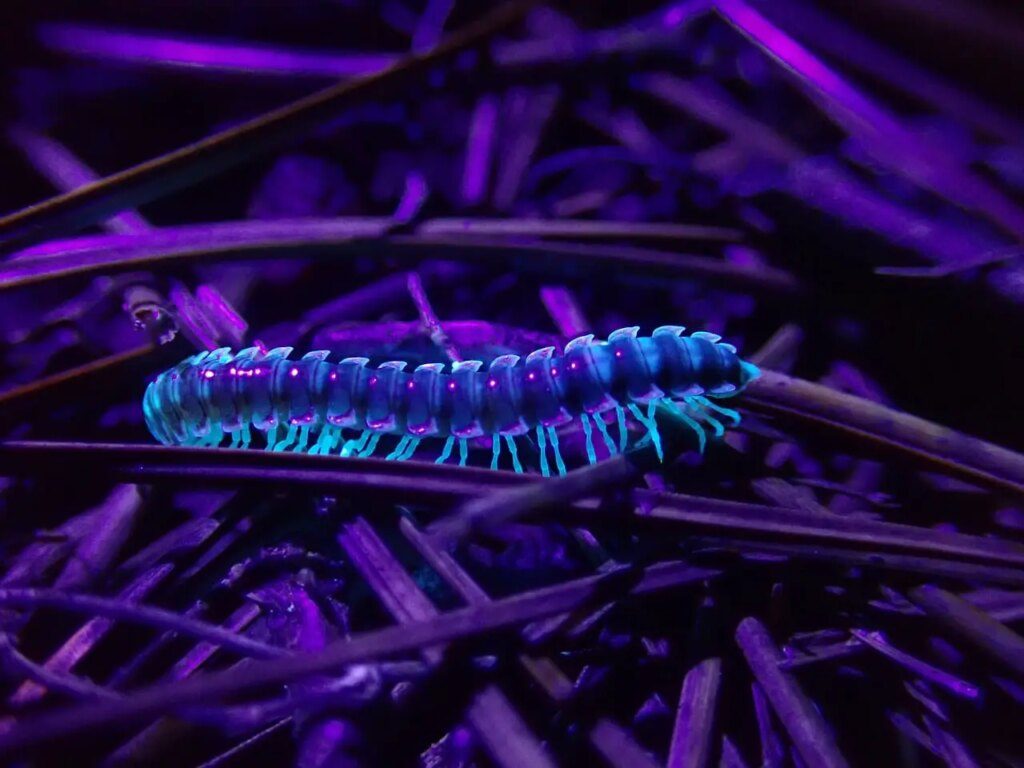Both disturbing and invasive arthropods, centipedes and other centipedes can sometimes be found inside the house. Like harmful insects, we want to get rid of them quickly. Before killing them however, it is worth considering whether they are really dangerous.
Summary
Centipedes at home: the essentials to know
The sight of centipedes and centipede species (scolopendras, centipedes and woodlice) in the house systematically causes an off-putting effect. And yet, it should be noted that these arthropods are not always harmful.
What is a centipede?
A member of the myriapoda family, the centipede is a small, yellowish-gray centipede. Even being an invertebrate, it is not considered an insect, but rather an arthropod, as it has 15 pairs of legs. If they are generally found in the courtyard of the houses or the garden, they sometimes penetrate inside. Most of the time, they accumulate in dark places prone to humidity.
Note, centipedes are the arthropods we know the most about. But in France, there are 4 very common species that we often confuse:
- House centipede (scutigera): about 3 cm and moves very quickly.
- Mediterranean centipede: 8 to 12 cm with 21 pairs of legs.
- Iule: less than 3 cm, it feeds on decomposing organic matter (rotten wood, etc.).
- The glomeris often confused with the woodlouse measures only 1 cm.
Are centipedes and arthropods dangerous?
If these critters disgust us, remember that they are almost harmless to humans. But just like pests, centipedes can infest your living space over the years. Fortunately, it usually lives alone, reducing the risk of invasion at the same time.
Thus, centipedes do not represent any danger. However, they have a stinger and can therefore sting you. However, this situation rarely occurs, especially when they feel threatened. And in the event that you are stung, its sting will only cause the effect of a wasp or bee sting, which will disappear after a few hours. For information, these bites can become problematic in case of allergy.
Centipedes in homes: harmful or useful?
More frightening than dangerous, centipedes pose little risk to the health of humans and pets.
How are arthropods harmful?
Once in homes, millipedes and other myriapods invade damp places (bathrooms, basements, etc.). They can also be found under cracks or crevices. However, centipedes, like most arthropods, do not sting or bite. Moreover, they do not transmit any disease.
Millipedes and centipedes are useful?
Effectively ! These species feed mainly on organic waste, plants and insects (ants, cockroaches, woodlice, etc.). Before you think about killing a centipede on sight, think about the benefits it can bring. The centipede, for example, can be useful since it eats bedbugs and mosquitoes. The centipede hunts insects and small vertebrates.
Guide to getting rid of centipedes
In order to keep centipedes and other insects away from your living space, here are some tips to follow.
The right things to keep centipedes away
Having insects in your house is never pleasant. And while helpful, centipedes must be driven away to avoid trouble. In this case, take some preventive measures:
- Plug the cracks and seal any entrances (doors, windows);
- Keep your house clean (worktop, cupboard, floor, etc.);
- Avoid all moisture and close water sources;
- Get rid of garbage cans and piles of debris in the garden;
- Kill all insects that enter the house (fleas, cockroaches, etc.).
With these good tips, you can prevent and keep away any invasion of centipedes or centipedes.
How to eliminate arthropods effectively?
If these preventive measures are insufficient to keep them away, you can use other tricks. Various products can effectively hunt or eliminate them:
- boric acid,
- Diatomaceous earth.
Being particularly risky, the handling of these products requires a lot of precautions. In any case, they prove to be very effective in killing centipedes and arthropods.




